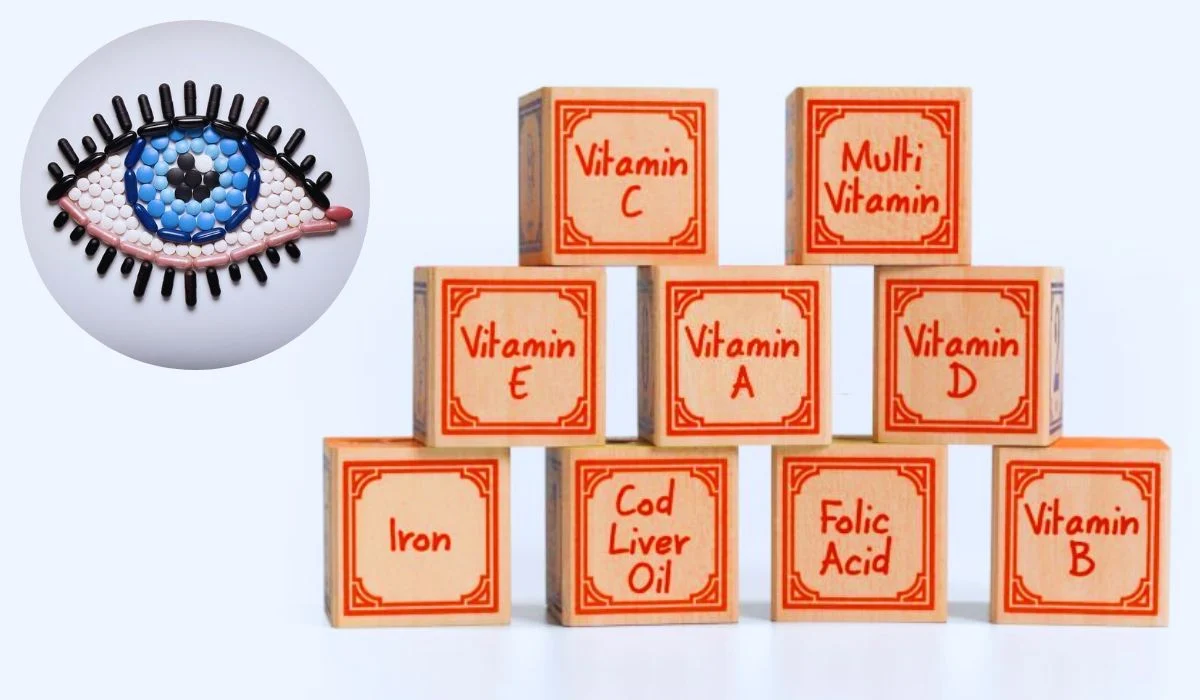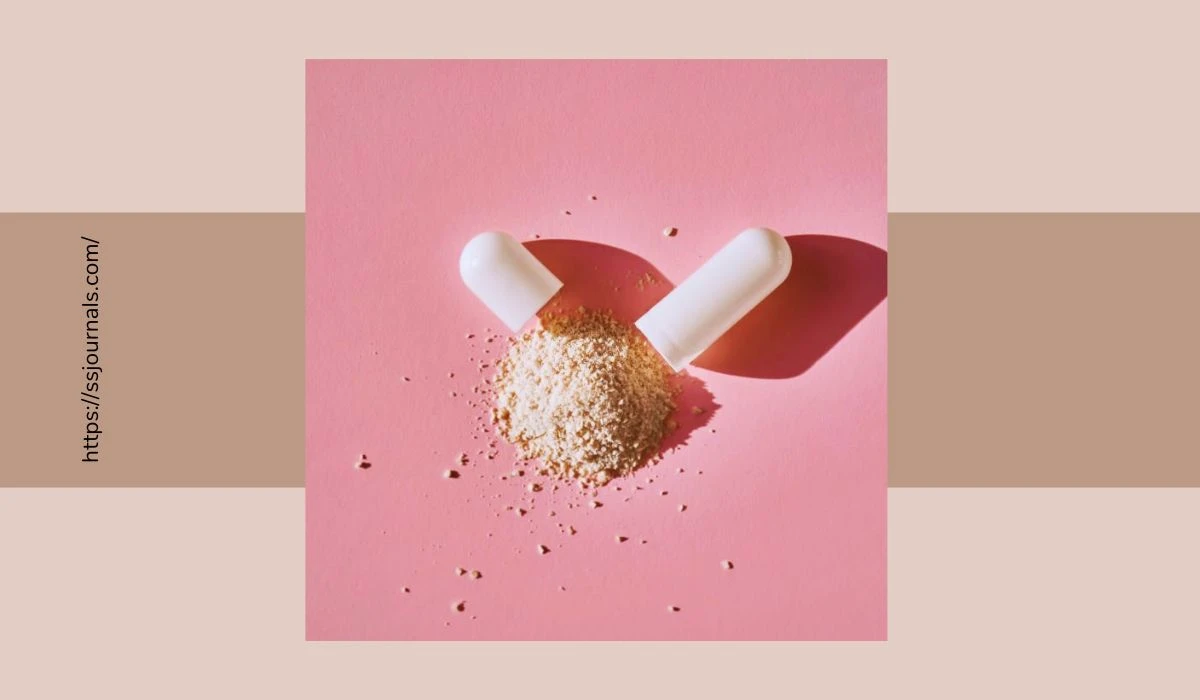The most intricate and sensitive organs are the eyes. Individuals can visualize their surroundings because the eyes are closely connected to the brain as they process information.
You should care for your eyes to avoid blindness, myopia, impaired vision, glaucoma, cataracts, etc. For daily life, having healthy eyes is crucial. Unlike those who don’t, wearing eyewear will impact your daily activities.
Sports, swimming, driving, and other activities would be challenging. It is important to get your eyes checked early because there are several disadvantages to having eye-related issues. Healthy eyes are essential for simplifying your life because they are integral to our organs.
List Of Vitamins Best For Eye Health
A poor lifestyle, including nutritional deficits, can lead to several health issues, including eye problems. It could make eye problems more likely.

Several research recommends that vitamins and mineral consumption help to keep your eyes healthy. This article discusses essential vitamins for healthy eyes and how individuals can incorporate certain vitamins and minerals into their diets to maintain healthy eyes.
✅ Vitamin A
An essential component for maintaining excellent vision is vitamin A. It safeguards the Cornea, the eye’s outermost layer. Low vitamin A levels result in dry eyes that are difficult to moisten. It can be obtained in fruits and vegetables.
The body transforms carotenoid pigments into vitamin A when a person consumes them. It also helps to produce rhodopsin, which helps the eye to perceive light. Some recommended foods high in Vitamin A are Carrots, pumpkins, sweet potatoes, squash, apricots, mangoes, etc.
✅ Vitamin C
Another necessary component that shields the eyes from damaging UV rays and other environmental pollutants is vitamin C. It helps maintain the blood vessels, which is important for maintaining eye collagen.
With age, food, etc., the body’s level of vitamin C decreases. Some recommended foods rich in Vitamin C are Broccoli, grapes, oranges, blackberries, strawberries, etc.
✅ Vitamin B
Vitamin B is very important for our eye health. It helps to fight against glaucoma, cataracts, and other eye diseases. Several research has found that Vitamin B3 deficiency increases the risk of glaucoma. Foods high in vitamin B include:-
- Fish, yogurt, beans, and lentils contain vitamin B1
- Yogurt, milk, mushrooms, and almonds contain vitamin B2
- Vitamin B3 is found in chicken, peanuts, salmon, and tuna.
- Salmon, tuna, and green leafy vegetables contain vitamin B6.
- Peanuts, eggs, and seafood contain vitamin B9
- Red meat, eggs, fish, and liver contain vitamin B12.
✅ Vitamin E
A potent antioxidant, vitamin E guards against oxidative stress and safeguards the eye cells. A healthy eye lens requires this vitamin, which is necessary.
For older age groups, it particularly lowers the chance of visual loss. Some foods high in Vitamin E are Sunflower oil, vegetable oil, almonds, avocado, spinach, etc. You should add these items to your diet.
✅ Vitamin D
Vitamin D deficiency increases the risk of eye illnesses like macular degeneration and cataracts. It has anti-inflammatory and immune-suppressant properties that shield the eyes from harm. Dairy goods, egg yolks, salmon, tuna, etc., are foods high in vitamin D.
✅ Lutein And Zeaxanthin
Carotenoid is a pigment that is often found in plants and is also found in lutein and zeaxanthin. It can also be found in some fruits and vegetables.
Research has suggested that lutein and zeaxanthin can lower the risk of cataracts and other eye disorders. These two substances can be found in the retina of your eyes, which shields them from damaging light.
✅ Omega-3 Fatty Acids
The anti-inflammatory characteristics of omega-3 fatty acids aid in preventing diabetic retinopathy. It allows the eyes to produce more tears, alleviating dryness, irritation, and blurred vision. It is widely found in fish, almonds, olive oil, soy, chia seeds, flaxseeds, etc.
The growth of eye diseases may be slowed down with these vitamins. If necessary, you might also take vitamin supplements.
Please remember that using excess supplements can indirectly affect your health. The best thing you can do is directly speak to your doctor if you have any questions about underlying medical issues.

